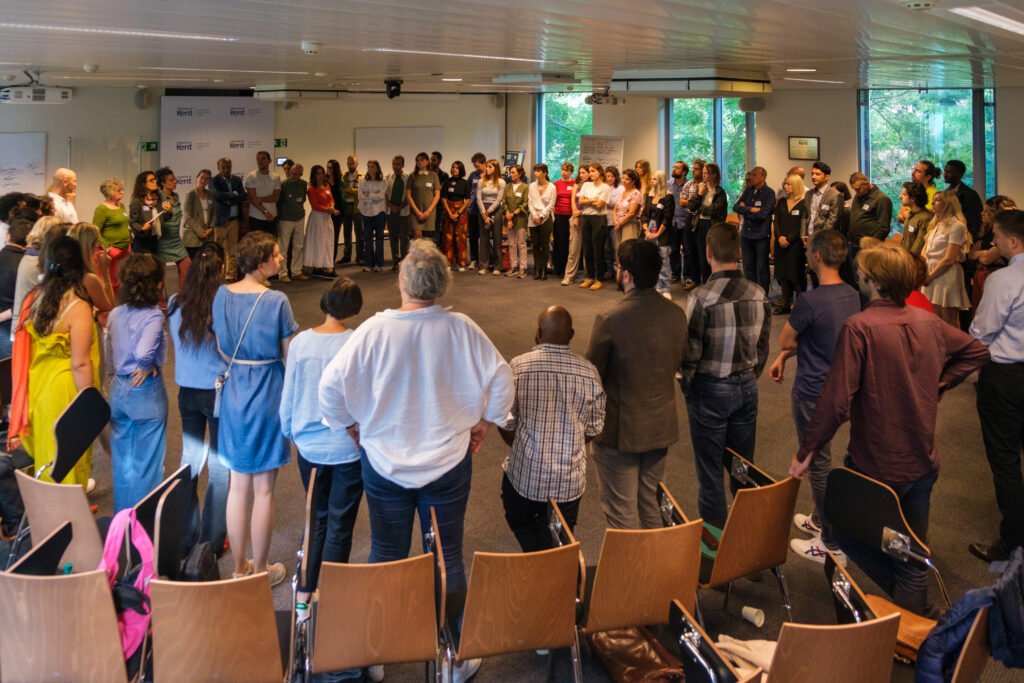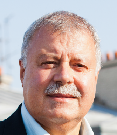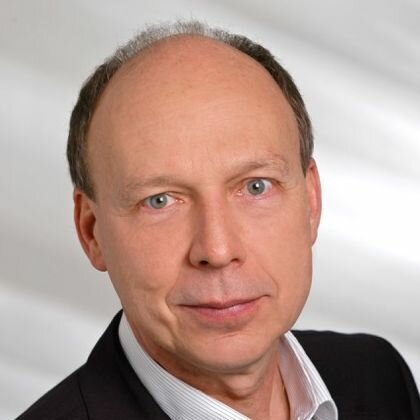European Civic Academy 2023
Building collective empowerment towards just and inclusive societies
On 19-20 September, 100 activists, civic actors and academics gathered at the University of Kent’s Brussels School of International Studies for the sixth edition of the European Civic Academy. This year, the discussions focused on the theme “Building collective empowerment towards just and inclusive societies”.
For decades, rising social, economic and environmental vulnerabilities combined with weakened social protections have fuelled anger, distrust and polarisation. This in turn has contributed to political disenfranchisement and apathy.
It is urgent that we rebuild collective agency to reverse these trends in politics and society through civic and democratic perspectives at all levels: local, national and European.
The European elections are taking place in 2024 and can provide a crucial moment for Europe’s political life to collectively decide what shared European future we want. As the social, political and environmental challenges of our times require a global and European approach to local and national actions, this question is relevant for all those activists invested in making possible effective access to rights and social, racial and environmental justice.

Participants attending the European Civic Academy 2023. Photo: Camille Delbos
Against this backdrop, ECF hosted the European Civic Academy 2023. The event brought together practitioners and activists from diverse organisations and movements with academics to deepen their understanding of the challenges and opportunities ahead. Participants were selected from an open call for applicants and financially supported to attend the conference. The aim was to give them the opportunity to learn from each other’s experiences and gain a holistic understanding of the topic to inspire a renewal of our collective social and political action.

Participants share findings from their discussions at the European Civic Academy 2023. Photo: Camille Delbos
For this reason, this year’s academy took a different approach from previous years, putting participation, co-creation, and care at the heart of the event.
We explored the how to create synergies between the various forms of activism developed by organised civil society, citizen assemblies and other types of action, and electoral democracy renewal and empowerment and the ways to upscale them at the European level.
On the first day, we discussed and shared experiences on how to create people’s power and agency to shape the collective imagination in a progressive direction.
Participants shared their stories of change and success, but also learnings from failure to map out the strengths of civil society, such as the capacity to mobilise and connect people and communities, to learn and unlearn, to build trust by putting fundamental values at the core of its action and connecting the humanity in all of us.

Albena Azmanova speaks at the European Civic Academy 2023. Photo: Camille Delbos
We heard from outstanding academics such as Kalypso Nicolaidis and Albena Azmanova on how to use these strengths to transform the environment and the systems in which civil society acts and operates.
In break-out sessions, participants discussed how to foster progressive activism and oppose right-wing populism in peripharies and rural areas. Participants had the opportunity to attend on hopeful communications. We explored how to centre marginalised voices in our actions, and harvest practices for decolonial, intersectional activism. We exchanged on fostering a culture of care in civil society and on promoting active participation in the digital age.
On the second day, we explored together how to translate the strength of civil society mobilisations and movements to the institutional and political levels. Finally, participants broke off into self-organised discussions on issues of their choosing.
ECA 2023 celebrated the power of collective organising in transforming our societies along the values of justice, equality, equity and inclusivity. At the same time, it questioned the ability of civil society to challenge and transform the systems of domination and oppression without reproducing their patterns. We hope these contributed to building hope and agency in the perspective of upcoming national and European elections for civil society to nurture the public space and political debates.
Selection Process
Meet the members of the committee below!
ECA Task Force
ECF members

Jean Marc Roirant

Raffaella Bolini

Frank Heuberger

Vera Mora

Jan Robert Suesser

Karolina Dreszer-Smalec

Filip Pazderski

Thais Bonilla
Academic partners

Kalypso Nicolaïdis

Albena Azmanova
About the European Civic Academy
The European Civic Academy was launched by the European Civic Forum in 2016 to connect and build bridges between civil society and academic agendas, to provide space for civil society actors to discuss with academics and identify priorities and possibilities for collaborations related to the role of CSOs in enhancing civic and democratic spaces in Europe. The objectives of the European Civic Academy are threefold: (1) mapping civil society needs in terms of research priorities; (2) enable civic actors to gain knowledge about existing research, methodology and approaches to inspire a strengthening and a renewal action framework; (3) increase awareness among academic researchers about civil society needs and priorities and identify collaborative opportunities for future research. Five editions have been organised so far: in 2016 in La Rochelle (France); in 2017 in Brussels; in 2019 in Slubice (Poland); in 2021, online; in 2022 in Florence (Italy); and most recently in 2023 in Brussels.
Follow us on social media!

